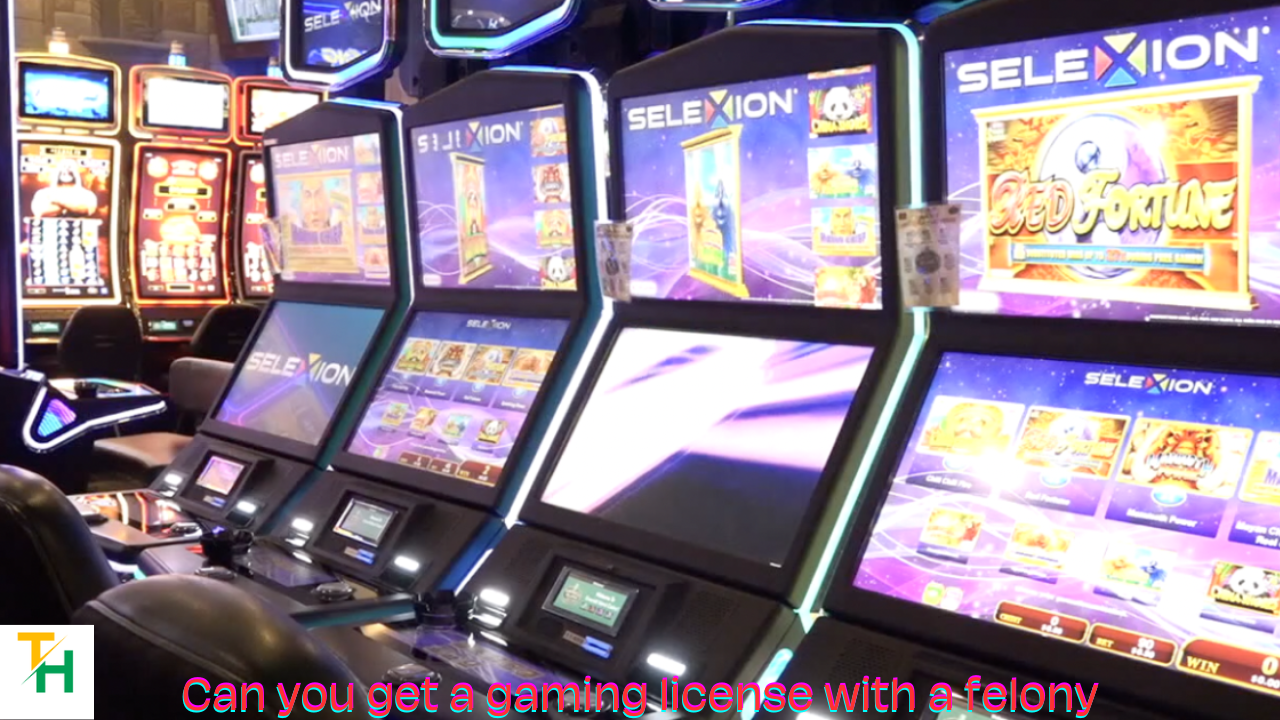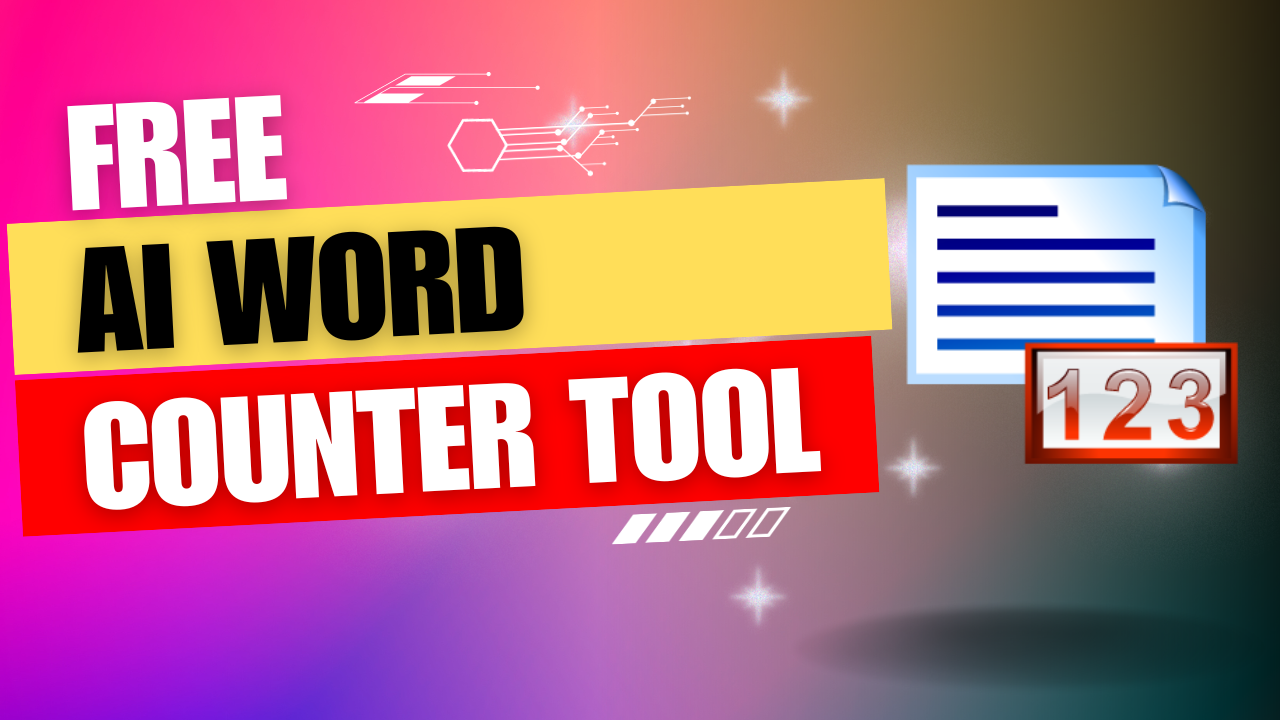The gaming industry, a dynamic and rapidly growing sector, offers a multitude of career opportunities ranging from casino operations to game development and esports management. However, for individuals with a felony conviction, a question often looms large: "Can you get a gaming license with a felony?" In this comprehensive article, we will delve into the complex landscape of obtaining a gaming license with a felony on your record, exploring the intricacies, challenges, and potential pathways to a career in the gaming industry.
Understanding Gaming Licenses
To begin, let's establish what a gaming license entails and why it is a pivotal requirement in the gaming industry.
A gaming license is an official authorization issued by a regulatory authority that grants individuals and organizations permission to operate within the gaming and gambling sector. These licenses are indispensable in ensuring the fairness, security, and integrity of gaming operations, while simultaneously safeguarding the interests of consumers. Licensing requisites and protocols exhibit significant variations across different jurisdictions and gaming segments.
Felony Convictions and Their Impact
The influence of a felony conviction on your prospects of obtaining a gaming license is multifaceted and relies on numerous variables:
Jurisdictional Variation
Gaming regulations and licensing criteria are predominantly dictated by the jurisdiction in which you aspire to work. Each jurisdiction, be it a state or a country, maintains its unique set of rules and prerequisites. Some jurisdictions may be more lenient toward applicants with felony convictions, while others may be more stringent.
Nature of the Felony
The nature and severity of the felony conviction bear substantial weight in your eligibility for a gaming license. Some jurisdictions differentiate between violent and non-violent offenses, drug-related convictions, or financial crimes when evaluating applicants.
Passage of Time
The time elapsed since the felony conviction can significantly influence your eligibility. In many cases, older convictions may carry less weight in the assessment process, especially if you can demonstrate a record of rehabilitation and adherence to the law since the conviction.
Rehabilitation Efforts
The evidence of rehabilitation and efforts toward societal reintegration are critical when pursuing a gaming license. This may encompass successful completion of probation or parole, participation in counseling or treatment programs, and adherence to a law-abiding lifestyle.
Regulatory Discretion
Regulatory authorities often retain discretionary powers in determining the issuance or denial of gaming licenses. They may consider factors such as your character references, overall conduct, and commitment to maintaining ethical standards in the gaming industry.
Type of Gaming Activity
The specific role you aspire to assume in the gaming sector can influence the conditions and criteria for licensing. Positions such as dealers or floor staff may entail distinct licensing prerequisites compared to managerial or executive roles.
Legal Consultation
Engaging the services of an attorney specializing in gaming industry regulations can be invaluable. Such experts can provide tailored guidance, elucidate jurisdiction-specific requirements, and assist you in presenting a compelling case for obtaining a gaming license.
Exploring Alternative Paths
If the attainment of a gaming license seems improbable due to a felony conviction, alternative avenues to pursue a career in the gaming industry exist:
Non-Licensed Positions
Some positions within the gaming sector do not mandate a gaming license. These roles may include administrative positions, security personnel, custodial staff, or certain technical positions. Exploring opportunities in these non-licensed roles can be a viable path forward.
Candid Discussions with Employers
Initiate open dialogues with potential employers to elucidate your situation. Certain gaming establishments may be willing to employ individuals with felony convictions for non-licensed positions, particularly if you possess pertinent skills and experience.
Self-Employment
Entrepreneurship is another avenue to consider. Initiating your gaming-related enterprise, such as a gaming café, esports organization, or online gaming platform, might obviate the necessity for a personal gaming license.
Skill Enhancement and Education
Investing in education and skill development within gaming-related fields, such as game design, programming, marketing, or cybersecurity, can open doors to non-licensed roles and entrepreneurial opportunities.
Advocate for Reform
Get involved with organizations and initiatives dedicated to criminal justice reform, including advocating for revisions in licensing restrictions that impact individuals with felony convictions.
Expungement and Pardon
In certain jurisdictions, you may be eligible to pursue expungement of your criminal record or seek a gubernatorial pardon. These legal processes can potentially enhance your prospects of securing a gaming license in the future.
Conclusion
While a felony conviction can present formidable hurdles when seeking a gaming license, it is imperative to recognize that it does not irrevocably preclude a career in the gaming industry. The outcome of your conviction will hinge on a multitude of factors, including jurisdiction, the nature of the felony, and your efforts at rehabilitation and compliance.
Effectively navigating the complexities associated with obtaining a gaming license with a felony conviction requires a meticulous approach, collaboration with legal professionals, and a thorough comprehension of the specific requirements in your jurisdiction. It is paramount to acknowledge that alternative pathways do exist for individuals with felony records to forge meaningful careers within this vibrant and ever-evolving sector.








Post a Comment
0 Comments